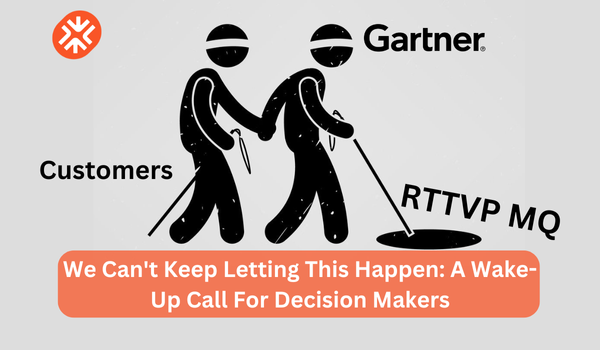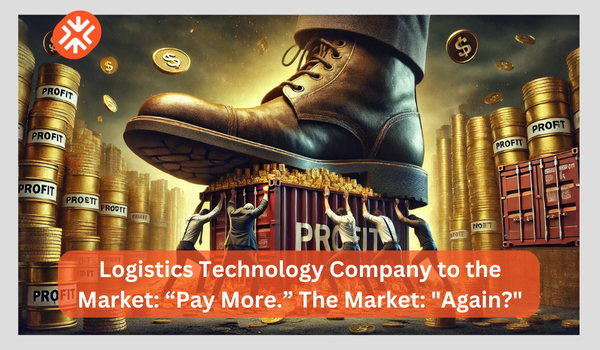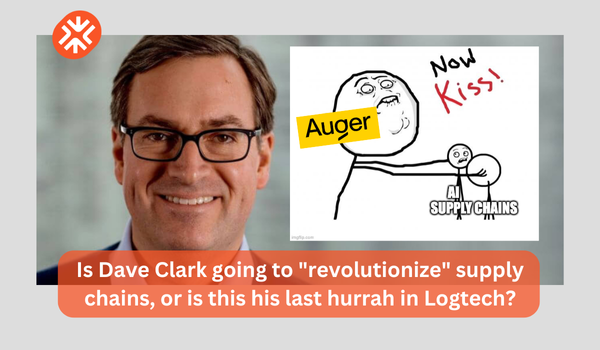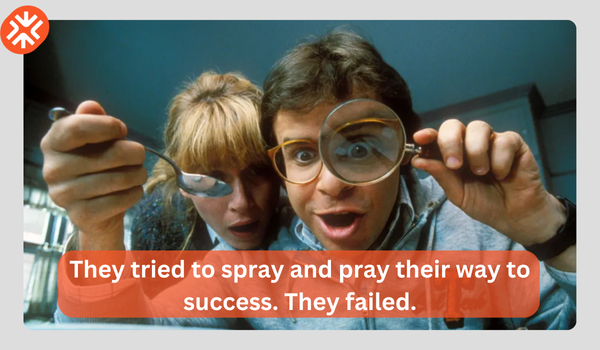M&A exit strategies will cause your logistics business to fail.

Logistics M&A is commonplace. We work in a highly acquisitive industry, with consolidation happening both at the infrastructure, services, and software levels. When you see some of the (ludicrous) valuations of recent times, and the multi-trillion dollar market value numbers thrown around, it comes as no surprise that business owners and investors want their share of the cake. But when wanting in means wanting out, it appears that some are forgetting how to build a business, sacrificing it all.
Logistics M&A is a lucrative space.
Whether in logistics M&A consulting like Logisyn or BGSA, building a logistics services play, or creating a logistics technology business, there is money to be made in logistics M&A. The likes of Maersk and CMA, along with DSV, K+N, DHL, and other top 3PLs still have barrow-loads of cash to spend. As the market took a turn for the worst, M&A activity slowed in 2022, but WiseTech Global decided to shake that up with two big acquisitions, opening up a whole new market to them, and fueling more potential organic growth from existing customers.
It comes as no surprise that companies in logistics technology are building purely as exit plays. Find (or create) a problem, throw someone else's money at it, and then sell to one of the big, highly-acquisitive, and cash-rich companies out there. On paper, it sounds great, and everyone is a winner. But in practice, this approach is fast becoming a nightmare in the logistics world, and we could see a chain reaction of heavily VC-backed companies crashing out of the market for pennies on the dollar, or worse.
Logistics M&A is in a good place right now, compared to other exits.
There is nothing wrong with not wanting to build a business and run it for decades. Some founders are pure entrepreneurs who want to tackle a problem, build a solution, and then move on to their next challenge after taking a few months out to play golf with Chris Kirchner in Dubai (too soon?). Logistics is the perfect industry to do this in. The barrier to entry is so low right now and copycat solutions have a chance at finding real success due to the low expectations logistics technology has set.
Furthermore, the integrators, pure tech players, top 3PLs, and rising stars of the forwarding world, along with the carriers, are all looking to add to their in-house logtech stacks through M&A and self-builds. It really is a great industry to be building tech for right now, with rampant FOMO and everyone trying to find the next big thing.
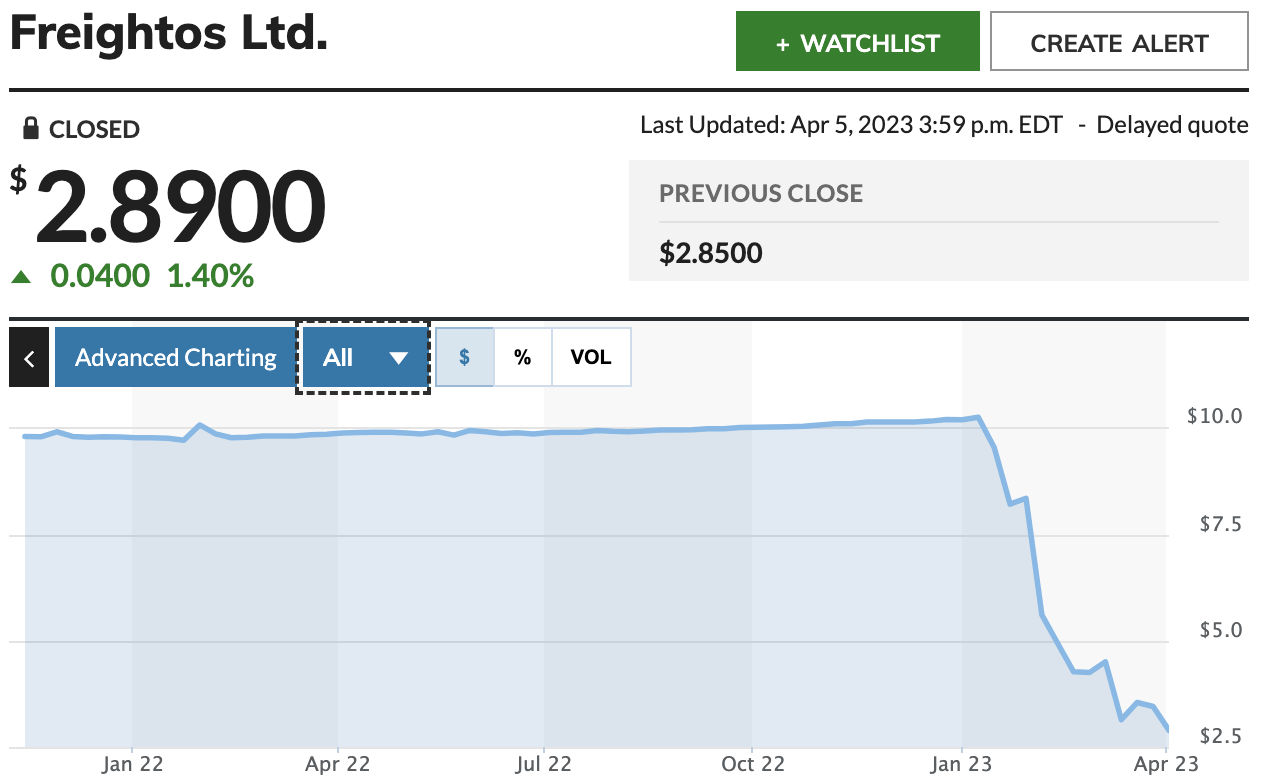
On the other hand, the likes of Freightos have shown us why taking the IPO route can be so dangerous in today's uncertain markets. I'm sure their CEO isn't too worried about the abysmal share price ($2.89 last I checked) and will continue to speak of tailwinds and improving market conditions that will save his company. In the interim things aren't looking too fun for Freightos. Their problem was rather different from that faced by the likes of project44: they had nowhere else to turn and needed money. No wait that is exactly the problem the likes of project44 and others are probably facing.
Logistics technology M&A: what are the highly acquisitive looking for?
You would like to believe that each company has its own strategy and that the logtech ecosystem is a healthy environment of distinct competing paths.
Yes, that would be nice.
Instead, we're seeing acquisitions made out of pure spite to block the competition. Expensive purchases designed to hamstring a competitor and force them to sell up too. And then you have the copycats who spend their time trying to implement strategies that will at best allow them to feed off other's scraps. Fun.
There is one area that everyone appears to be chasing: data. Rumors are running wild about project44 for example, who we know are now unfundable and one bad move away from having to replace their CEO. That bad move has been and gone as far as most are concerned, with the failed launch of Movement (or what the CEO calls the little "v") leaving the company without an upgraded product to push for more sales.
The good news for them is that they have the data, and companies are willing to pay for that convenience. They have consolidated different data sources and others are now willing to acquire that bundle. Their CEO even said in a Business Insider interview that they were planning "between two and ten acquisitions in 2022". We all know how that worked out for them, with a single acquisition made in 2022, showing us once again that project44's strategies are either unrealistic or that they simply do not know how to implement them.
With the likes of Maersk, SAP, and WiseTech Global all rumored to be keen on visibility data, this puts project44, FourKites, and Shippeo in the targets. You can probably add the likes of Gnosis, Terminal49, and Wakeo to that shopping list.
Building a strategy with a short-term exit goal without a backup plan?
Australia lost a large cold supply chain player in the shape of Scott's Refrigerated Logistics this week. A mismanaged company that was bidding on contracts at ludicrous rates to increase their logo count whilst losing over $5m US per month. Why? To sell to the likes of Toll or Japan Post of course. There is nothing better than a potential acquirer who is bad at due diligence and doesn't really they're being fleeced. In this case that did not materialize, and the company went into liquidation.
Had Scott's Refrigerated Logistics also had a sustainable long-term plan in play, they actually had a shot at making things work. Instead, they left their fleet to wither, stopped paying contractors, and even failed their customers by not delivering goods as promised. There are ways of doing things. But trying to artificially inflate your company's value and disregarding the real business is not one of them.

Who in logtech is playing short-term games with no long-term prospects?
project44 and Logixboard are two names that come to mind for me. The former because their back is up against the wall in a similar fashion to Freightos back before the IPO, and the latter because their entire model screams "buy me WiseTech we're made for you".
Although it is far more likely that project44 gets acquired than Logixboard surviving the next 12 to 18 months without a buyer (especially with WiseTech announcing their own product that removes any real need for Logixboard moving forward), investors will be unhappy with the outcome. As will the eventual acquirer.
To the untrained eye, it is business as usual and everything is ticking along nicely at project44. But we are supply chain professionals and enthusiasts, and we're not as easily duped by common practices and sneaky strategies. There are a couple of things at play over there that show their hand: they are aggressively chasing logos and pricing themselves fairly cheaply, and they seem to be making much noise about nothing. A new partnership here, a small piece of functionality there. The pre-bidding-war bloat is in full swing. And just like Scott's Refrigerated Logistics, if the plan fails, there may be no long-term strategy in place to fall back on, with Jett's "big V" remaining a big mystery.
Logistics Technology M&A is an obstacle course
Between trying to find the right timing, getting clear information for due diligence, and not being out-manoeuvered by the competition, M&A is complicated. Then you have the post-acquisition nightmare that can result from having a bad strategy in the first place. Trimble and E2Open are great examples of how having a bad strategy can lead to very bad results.
As valuations reached insane multiples in 2021 and early 2022, it may be hard today to understand what the real value of a logtech company is. Is project44 still worth $2.7bn? Did Trimble overpay for Transporeon? Why did WiseTech acquire Blume Global for what seems such a high price all things considered? These are a few of the questions I've been asked recently, and I do not have the answers. Of course, I have my opinions which are "No, Yes, Because they needed Blume and Blume knew it".
In today's market, with so much talk of "things improving" and "tailwinds", it is hard not to get overly enthusiastic and potentially overspend. Prospective buyers are going to need to dig deep during the dating phase and get real answers to the questions most companies are refusing to be transparent about. One thing is certain: if you have a real product and provide real value, then keep pushing it, because what is worth a few million today, could be a billion dollar company come the next change in the wind.
Good luck out there if you're buying.
Be bold if you're selling.
But do not forget to keep delivering value, just in case.
I'm Anthony, ex-WiseTech'er and Logistics Technology nerd.
You can find me on LinkedIn: https://www.linkedin.com/in/anthonymlr/
And I may start using Twitter if Elon doesn't kill it first: https://twitter.com/Anthonymlr1
My opinions are my own, although I'm sometimes told they are shared by many, yet voiced by few.
My goal is to make Logistics Technology a healthier place and to provide everyone with the kind of information they need to decrypt this magical and mad industry we either love or hate depending on the day and if someone has blocked the Suez Canal again.


